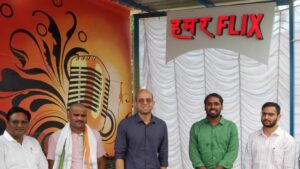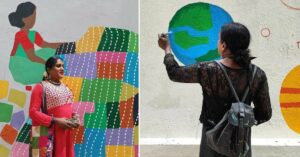TBI Blogs: Meet the Family Behind Rajasthan’s Lok Utsav, a Festival Celebrating the Mewati Community’s Music
Two generations of a folk musician’s family from Mungaska in Rajasthan are striving hard to keep their art and traditions alive while their numbers are dwindling in the community and social media is thriving in the country. Adya Parashar attended a Lok Utsav earlier this month organised by this family.
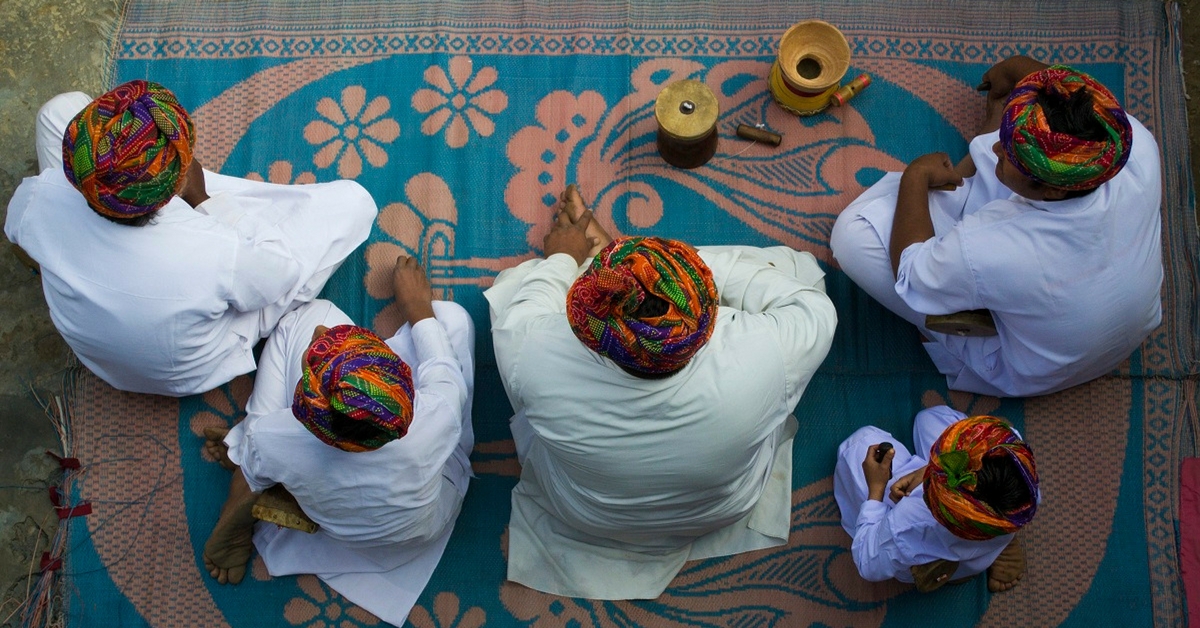
The sound of the Jogiya Sarangi playing in the background, the colourful costumes shimmering in the setting sun, the gradual flow of audience slowly filling up the IMA Hall – this was the scene minutes before the annual Lok Utsav commenced on a warm summer evening in Alwar, Rajasthan. The Lok Utsav is organised every year in May on the death anniversary of Jahur Khan Mewati, a bhapang player from the Mewat region of Rajasthan, whose sudden finding and consequent musical contribution to a Hindi film sprung him and the bhapang out of obscurity.
Carrying his legacy forward, his sons Farukh Khan and Mehmood Khan, and grandson Yusuf Khan – who live in Mungaska village of Alwar district – organise an evening filled with folk music and dance. It is a platform where artistes from the Mewati community (called Meos) showcase their talents and heritage through a string of performances, ranging from lesser-known musical acts on instruments such as chikara and mashak to the more popular Kal Beliya dance of Rajasthan.
There is an abundance of heritage and culture here. The artistes, who are a part of the community called ‘Muslim Jogis’, trace their lineage to a long line of musicians. These musicians would go from house to house with instruments in hand, performing for Rajput families and other upper castes.
They sang devotional songs, which narrate stories of Hindu gods and goddesses – Shiva, Krishna, and Durga – and are passed from one generation to the next orally.
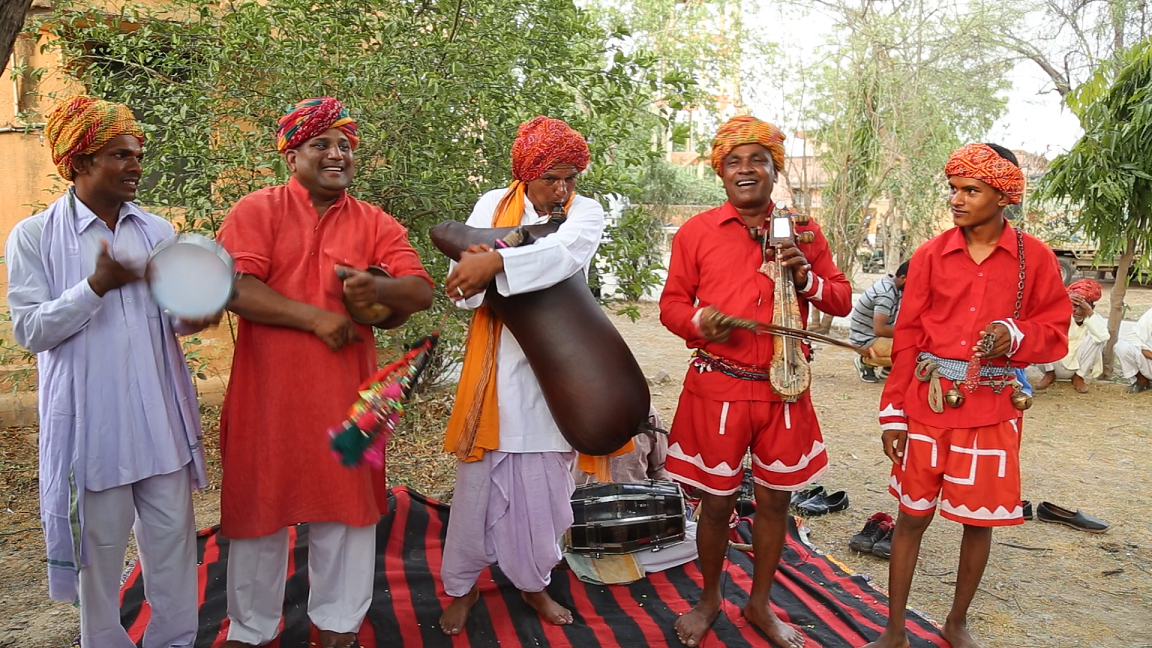
The songs reflect the history of Meos. For centuries, they’ve practiced both Hindu and Muslim rituals. This points to why their songs revolve around Hindu mythology. Even their instruments are associated with Hindu gods. Take the chikara, for example.
“It is believed that chikara, like all other string instruments, was formed from the bow of Lord Shiva,” says musician Puppu Nath proudly, who sings tales of Shiva, and whose family, for generations, is especially called on Maha Shivratri to perform with his troupe.
Mewat, as it turns out, is brimming with these hidden treasures – local music traditions that only reach a small population of people. Sadly, their popularity is fading in these local areas as well. To counteract this and preserve the livelihoods of these artistes, Farukh laid the foundation of the annual Lok Utsav. This initiative is a part of the larger Jahur Khan Bhapang Kala Shiksha Samiti that was formed with the aim of keeping the musical traditions of Mewat alive.
Their efforts, over the years, have helped introduce local artistes to a wider audience across the country, and even abroad. The rise of social media has further aided this, instrumental in helping them reach more people and rekindling an interest in folk music and dance.
There are various videos of the troupe, performing at various shows, on YouTube, that have helped generate more buzz, and in turn more opportunities.
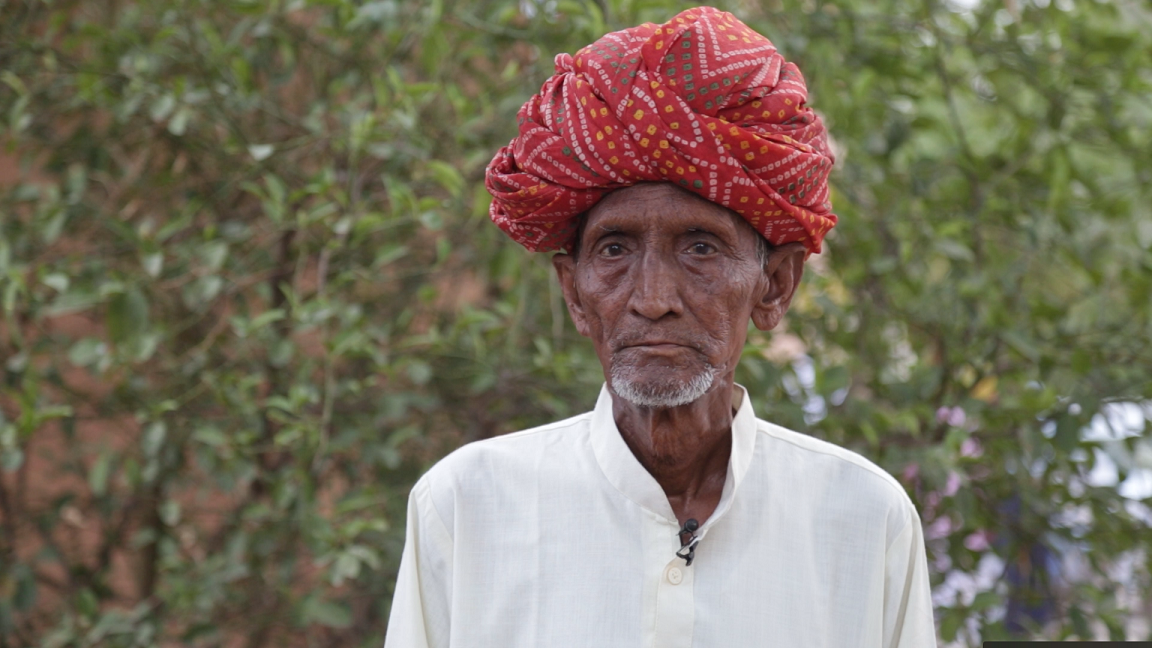
“We have performed in cities all over India. Our songs reflect the history of Meos; our trials and tribulations, and tales of bravery,” says musician Jaleb Khan from Nuh, Haryana. A proud Meo, he has a number of tales under his belt, some of which have more than 50 couplets!
But there is still a long way to go. Most of these artistes are illiterate and unable to use technology on their own. Their rising popularity outside Mewat is in sharp contrast to the declining numbers of folk musicians in the area, since most children in the family do not want to continue the legacy of their forefathers.
“No one under 60 plays the jogia sarangi anymore,” Babunath Jogi says as a matter-of-fact. His grandfather passed down his instrument, made from a single piece of wood, to him. Sadly, it has no takers in his family. “My children don’t want to become musicians. I don’t force them either.”
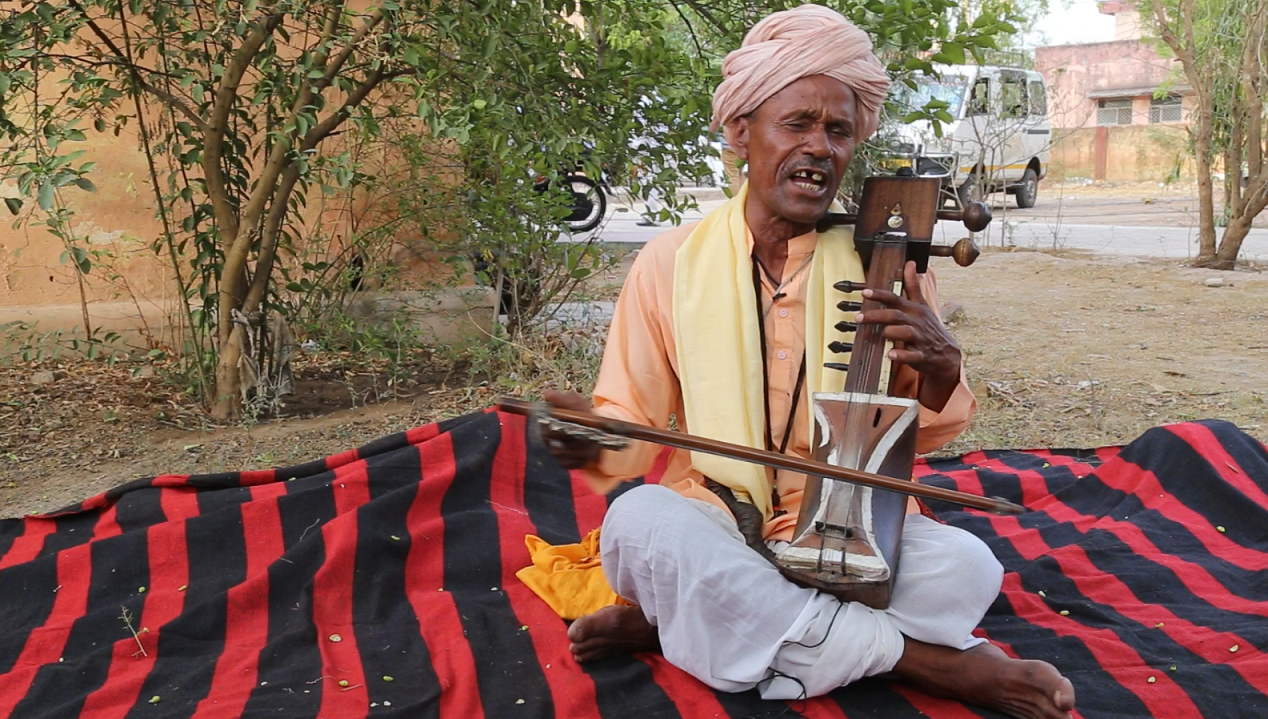
Therefore, it is important to digitally archive the art – oral folk tales, locally-made instruments, and stories – of these artistes who continue to strive to keep their art alive.
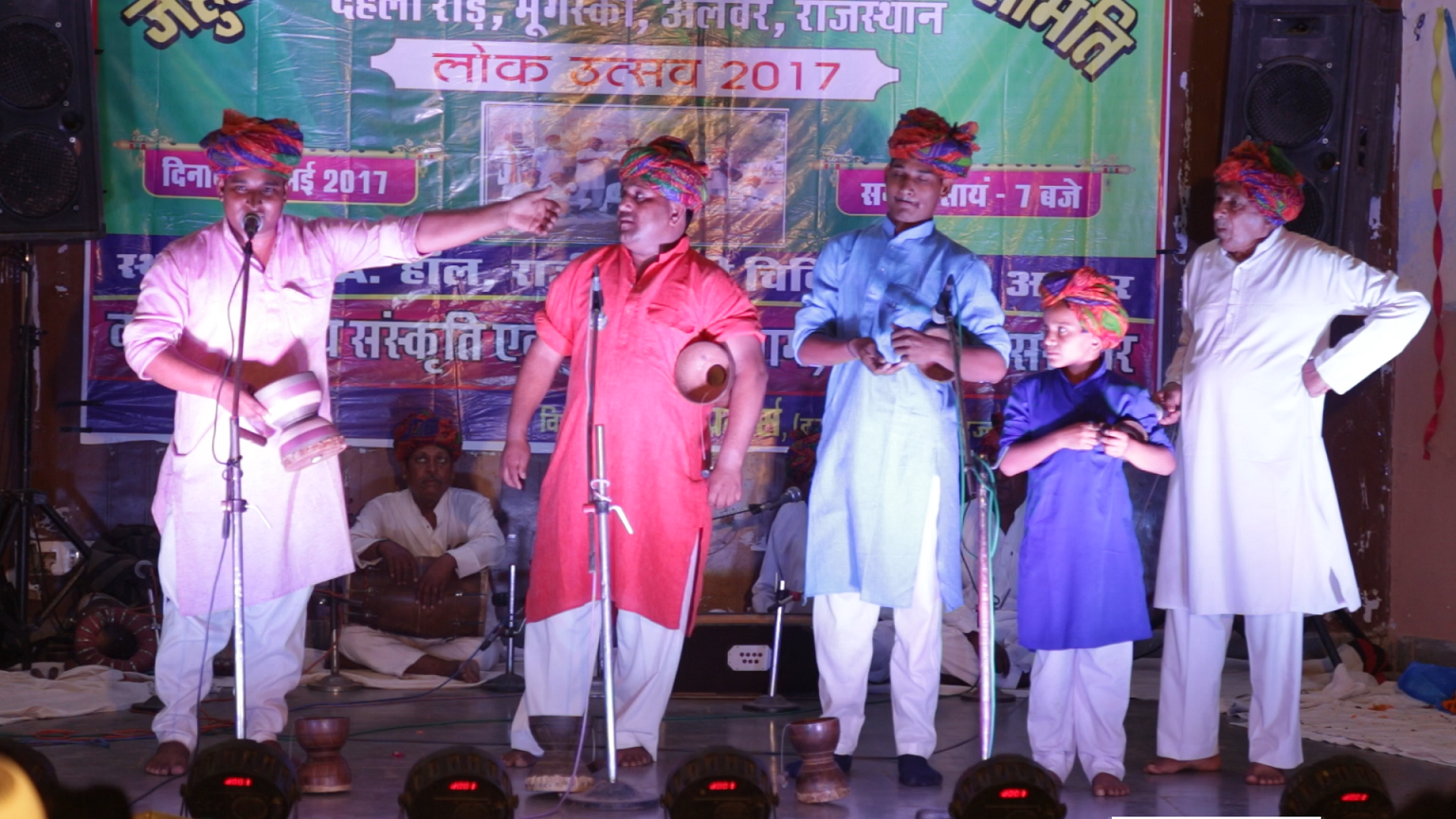
The Lok Utsav in Alwar is a celebration of the rich musical heritage of Mewat. It is also a reminder of the disappearing indigenous cultures that are slowly fading, even from our collective memories. However, watching Jahur Khan’s 8-year-old great-grandson play the bhapang is a sliver of hope. It showcases that the digital medium can not only preserve the local art, but also catapult it to global popularity.
Digital Empowerment Foundation is working on the cause. It is helping children from artiste families become digitally literate. It also trains musicians in the use of social media for dissemination of their art. Further, it helps Yusuf and his family digitally archive their folk music, art, and culture.
Photos Courtesy: Vimages
Help DEF make digital tools available to marginalised rural populations of India by donating your old devices here.
Like this story? Or have something to share? Write to us: [email protected], or connect with us on Facebook and Twitter.
NEW: Click here to get positive news on WhatsApp!
This story made me
- 97
- 121
- 89
- 167
Tell Us More
We bring stories straight from the heart of India, to inspire millions and create a wave of impact. Our positive movement is growing bigger everyday, and we would love for you to join it.
Please contribute whatever you can, every little penny helps our team in bringing you more stories that support dreams and spread hope.






